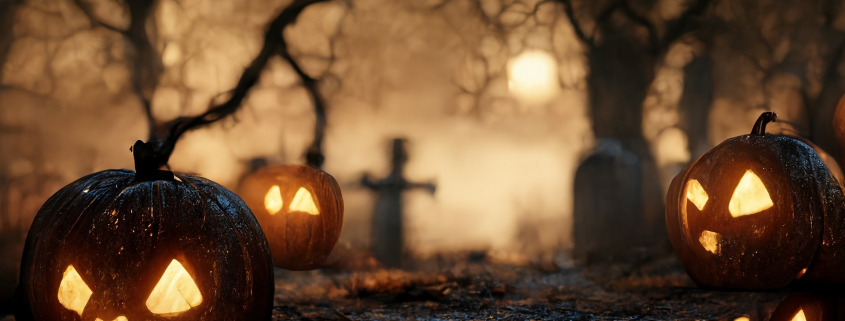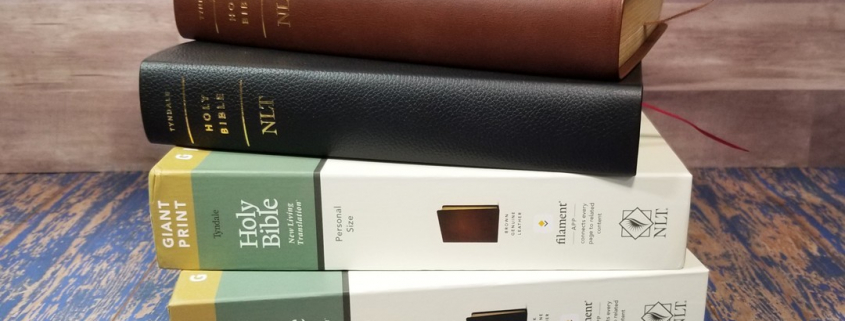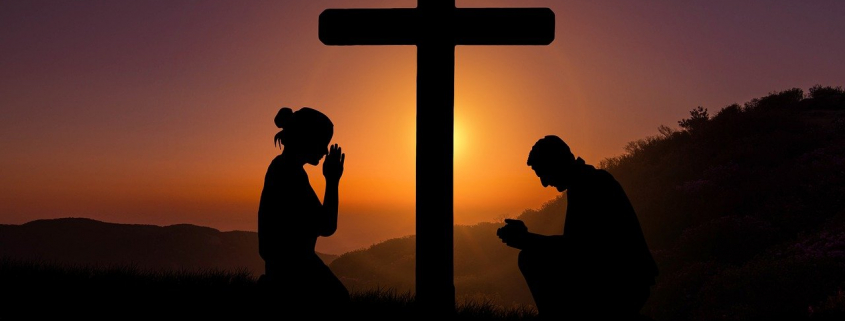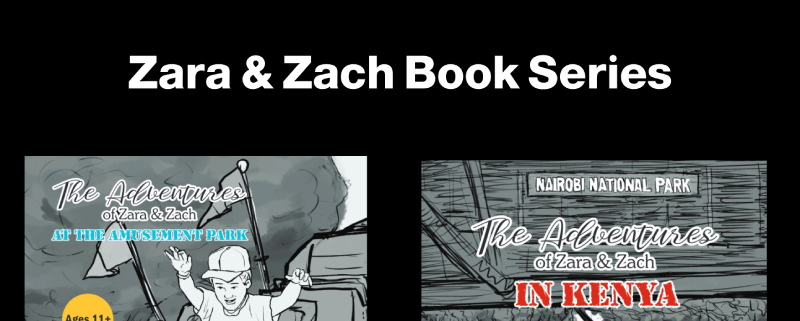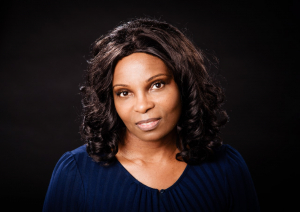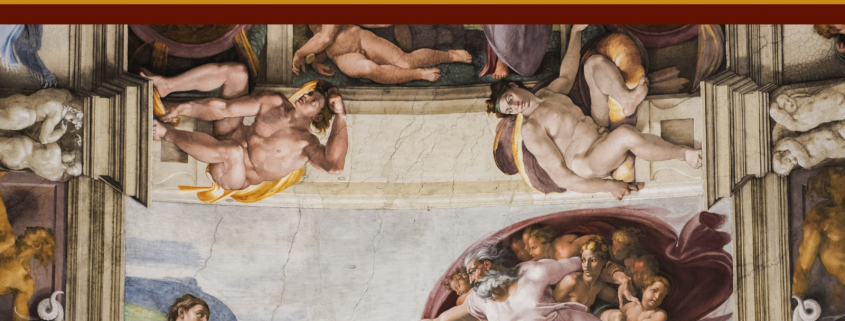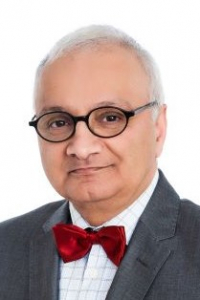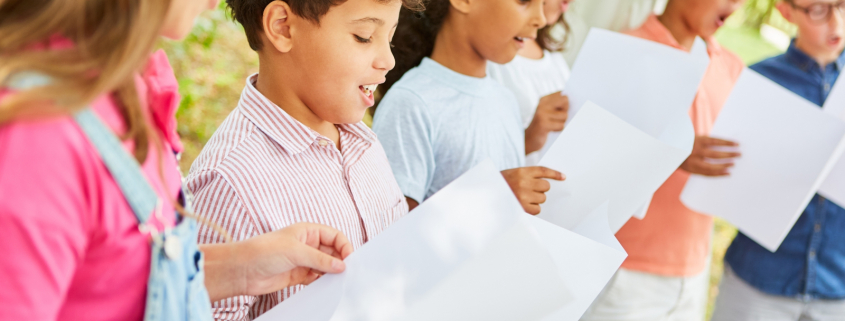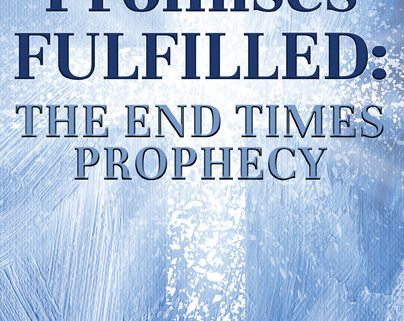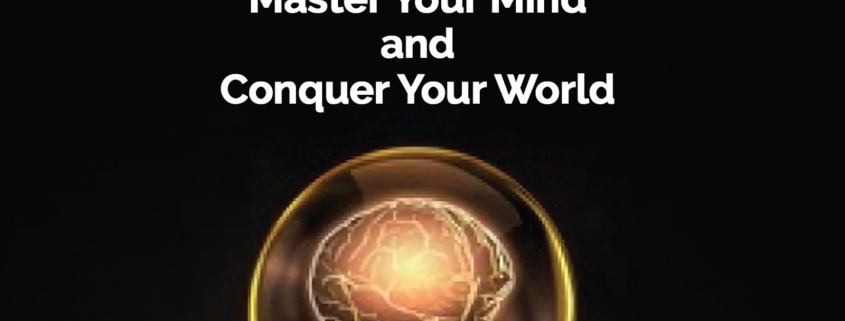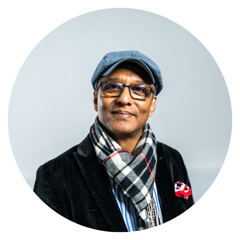Why is Halloween ?
Halloween is a holiday celebrated on the night of October 31st in various parts of the world, primarily in Western countries such as the United States, Canada, and the United Kingdom. The origins of Halloween are complex and can be traced back to several cultural and historical influences:
- Celtic Traditions: Halloween has its roots in the Celtic festival of Samhain, which marked the end of the harvest season and the beginning of winter. Celts believed that on the night of October 31st, the boundary between the living and the dead became blurred, allowing spirits to roam the earth. They lit bonfires and wore costumes to ward off these malevolent spirits.
- Christian Influence: In the 7th century, the Catholic Church established All Saints’ Day (also known as All Hallows’ Day) on November 1st, which was followed by All Souls’ Day on November 2nd. The night before All Hallows’ Day became known as All Hallows’ Eve, later shortened to Halloween. It was a time to remember and honor the saints and the departed souls.
- Immigration and Cultural Blending: In the 19th century, Irish and Scottish immigrants brought Halloween traditions to North America. Over time, these traditions merged with those of other cultures, including Native American and European immigrant communities.
- Commercialization and Modernization: Halloween became more commercialized in the 20th century, with the sale of costumes, decorations, and the tradition of “trick-or-treating” where children go door-to-door in costume, asking for candy. It has evolved into a holiday known for fun, spooky decorations, haunted houses, and community events.
- Pop Culture Influence: Movies, television shows, and literature have contributed to Halloween’s popularity. Horror films, in particular, have become a staple of Halloween entertainment.
Today, Halloween is celebrated in various ways, depending on cultural and regional traditions. It often involves costume parties, carving pumpkins into jack-o’-lanterns, haunted house visits, telling scary stories, and the exchange of candy. While some people emphasize the spooky and supernatural aspects of Halloween, others view it as a fun and lighthearted holiday for people of all ages to enjoy.
Overall, Halloween has evolved into a holiday that combines ancient customs, religious significance, and modern entertainment, making it a unique and widely celebrated occasion in many parts of the world.

